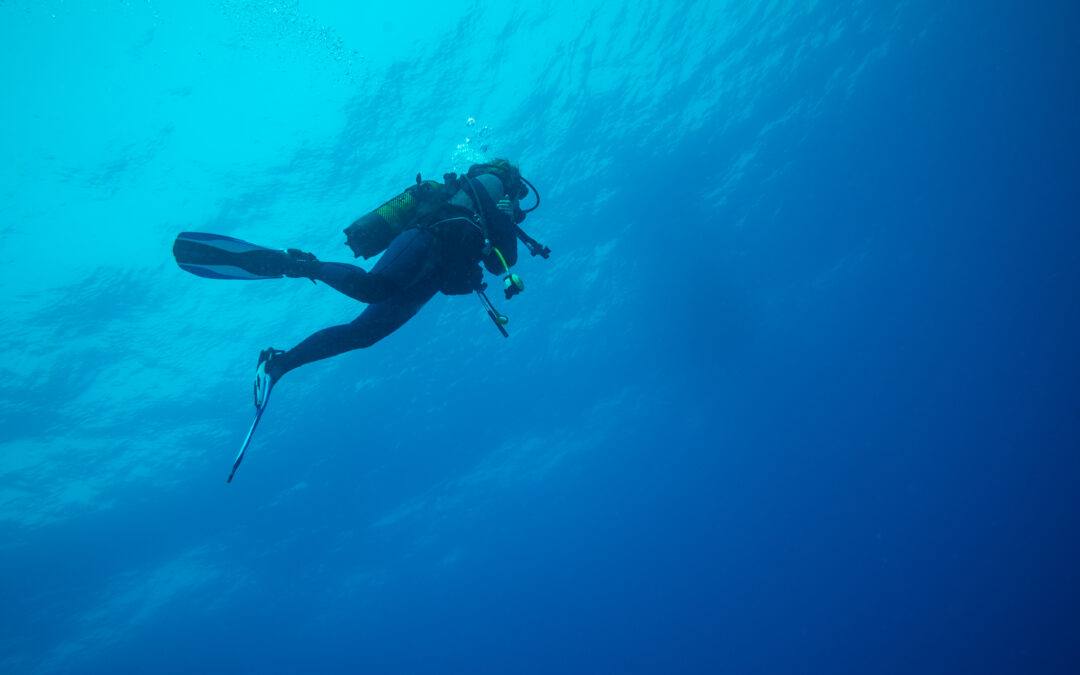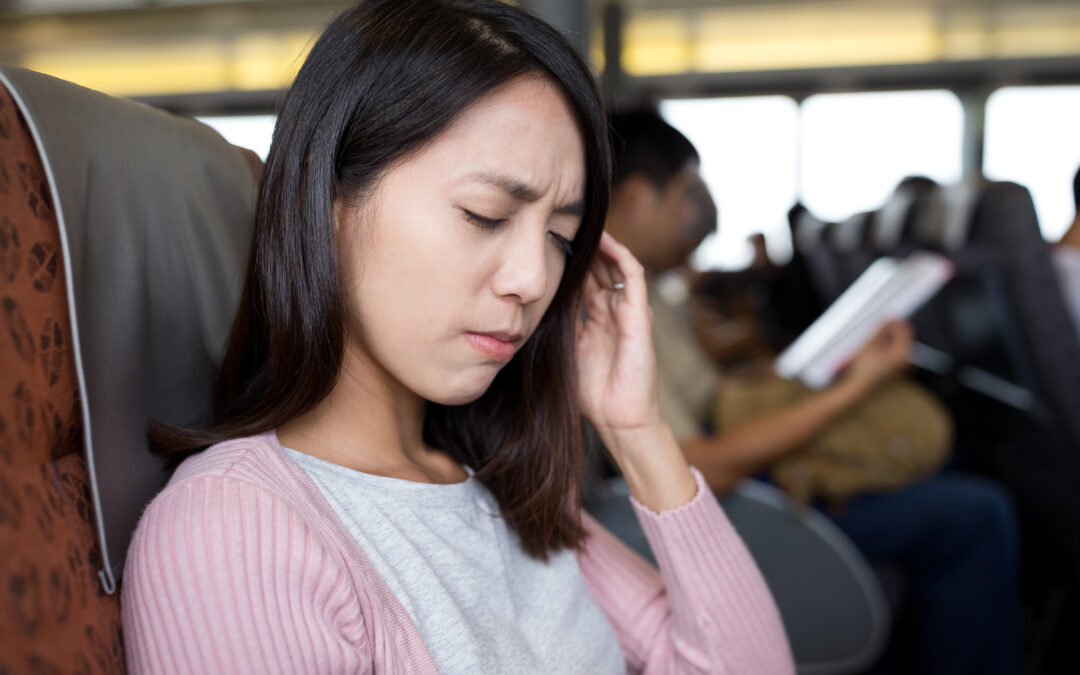
The New York Times recently had an article shining a light on what it’s like to travel with a loved one who’s autistic. As the article pointed out, no matter how many precautions parents might make, their stomachs are going to be in knots until they return home.
So… how can you help?
It boils down to patience and understanding, something that a lot of us struggle with while traveling. After all, when you’re waiting in lines, worrying about missing connections, missing sleep and/or sleeping in a strange bed, it’s perfectly normal to be a little on edge. But that doesn’t excuse berating a mother who’s having a hard time settling down her autistic son.
In an effort to make those friendlier skies a little friendlier, here are some basic etiquette guidelines for dealing with people with disabilities while you’re traveling:
- Remember the phrase “people with disabilities” – it’s important to understand that the person comes first, not the disability.
- Treat people with disabilities with dignity. Shake his or her hand; don’t be patronizing and pat them on the head, or some other potentially offensive gesture.
- When talking with someone who has a disability, speak directly to him or her, rather than through a companion.
- Don’t say “oh your life must be hell!” to a caretaker. Do say “do you need any help?”
- Don’t make assumptions about what someone’s disability may be. For instance, a speech impediment does not automatically mean that someone has a deeper issue.
- Relax. Don’t be embarrassed if you happen to use common expressions, such as “See you later” that seem to relate to the person’s disability.
- Be considerate of the extra time it might take a person with a disability to get somewhere, or to have a conversation. Allow them to set the pace in walking and talking.
- Don’t use offensive terms such as “cripple” or “retard” – it’s shocking how many people throw these terms around in this day and age.
Also, allow me to recommend a book – Buzz Bissinger’s Father’s Day, about his road trip with his adult son with a disability. It’s a great look at what it’s like to be a parent of someone with a disability, and how people with disabilities can achieve.
And remember – patience and understanding. It’ll make your trip better.

